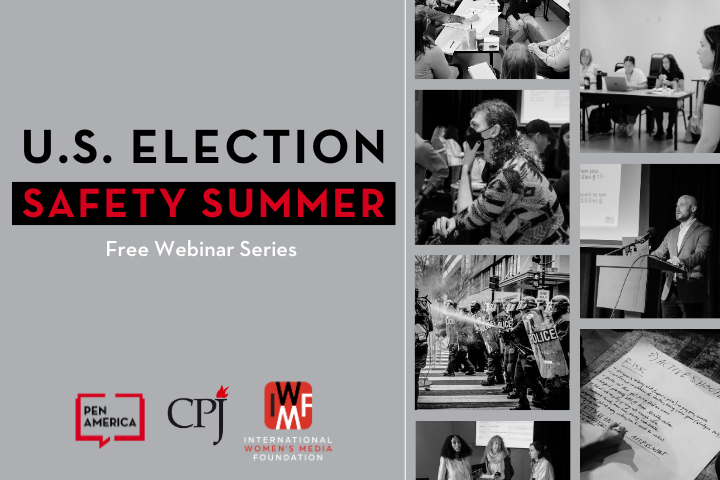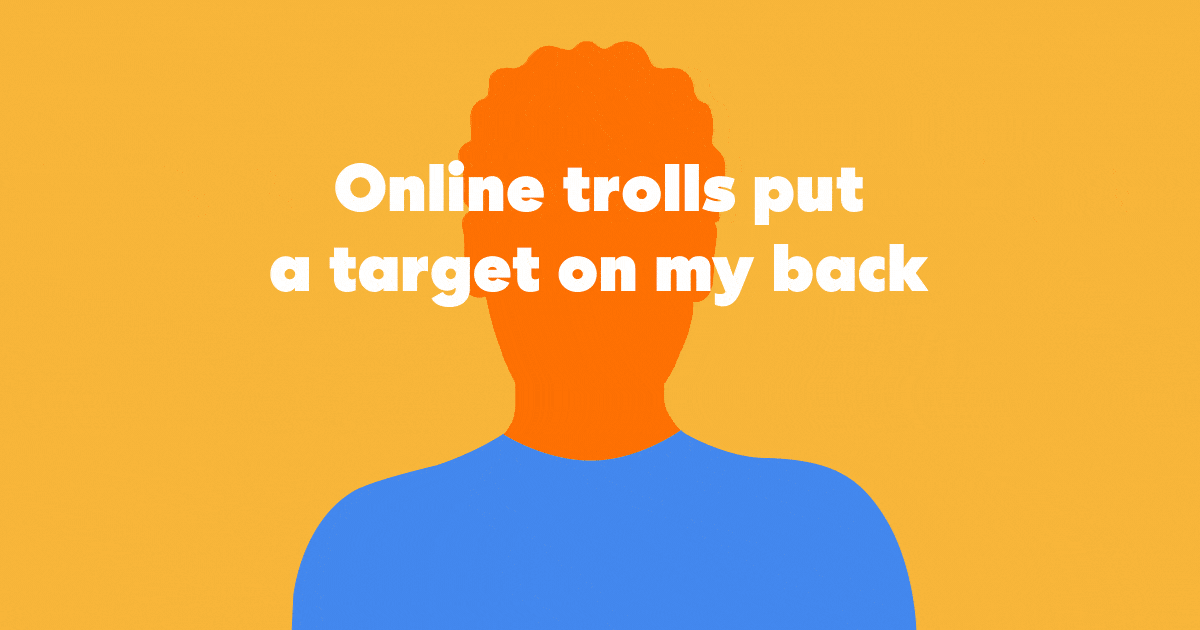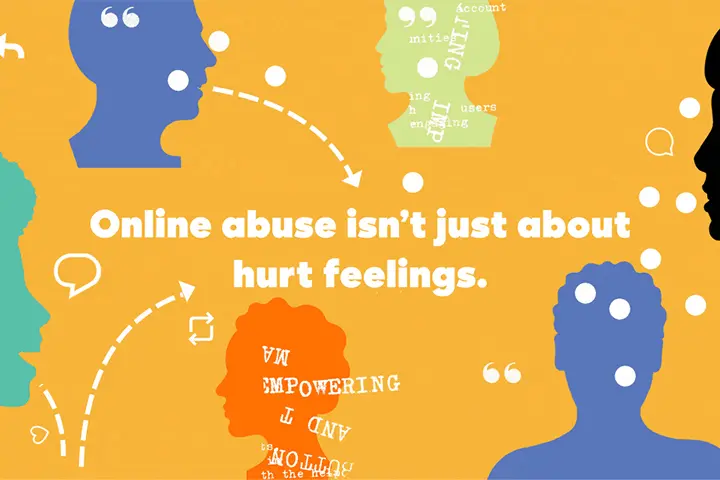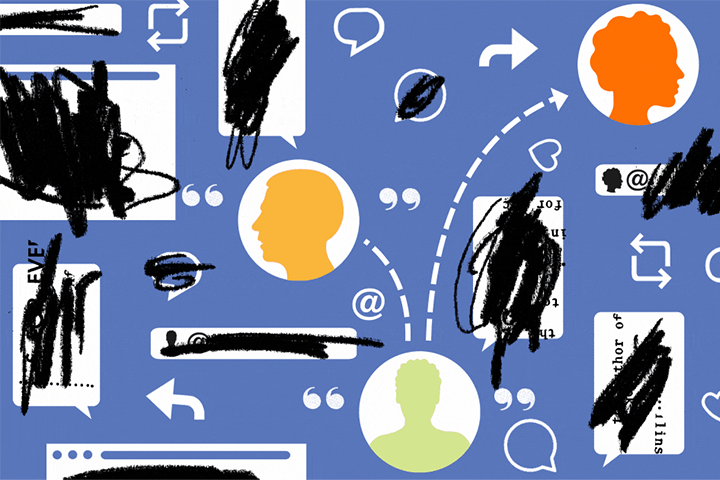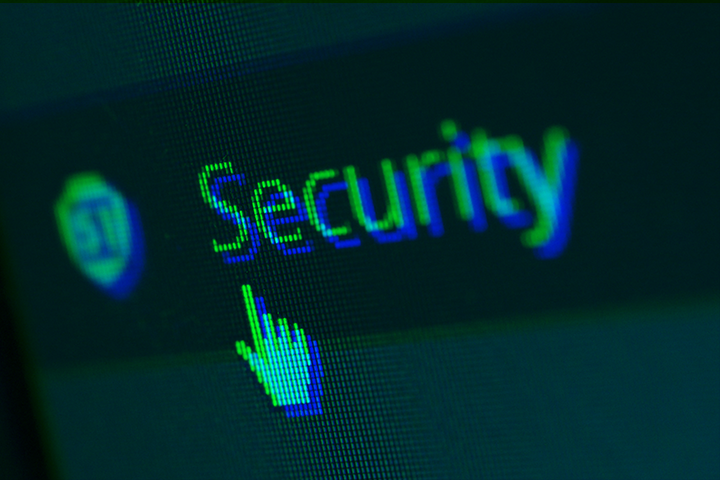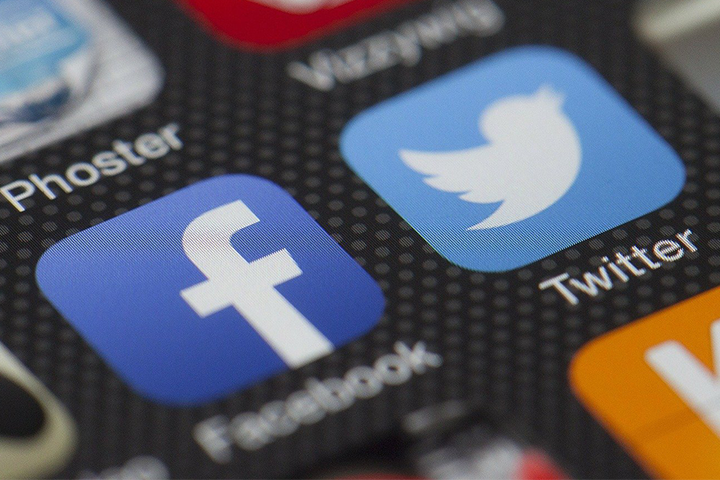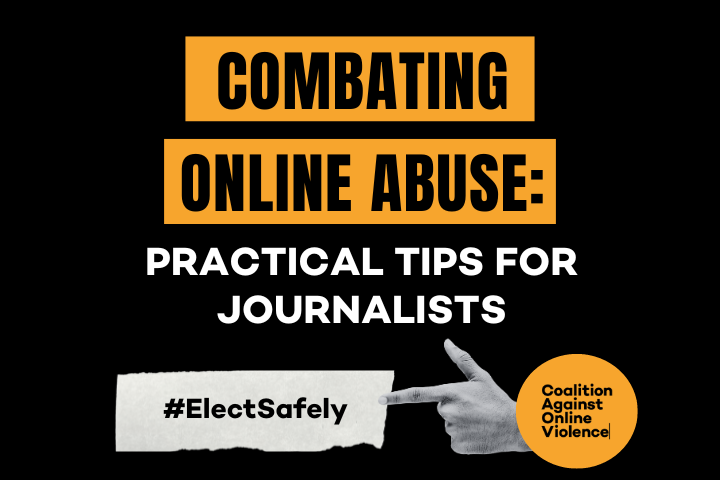
In an era when online abuse is rampant, equipping journalists with practical tools to defend themselves is crucial to safeguarding a free and independent press. To support journalists during a landmark election year, PEN America has teamed up with the Committee to Protect Journalists and the International Women’s Media Foundation, fellow members of the Coalition Against Online Violence, to host a free webinar series called U.S. Election Safety Summer.
The second session in the series, which took place on June 11, 2024, focused on “Online Abuse Self-Defense” and aimed to empower journalists, their allies, and employers with strategies for navigating online harassment. If you missed it, you can watch the recording:
Here are some key takeaways from the session:
Understanding Online Abuse
Online abuse is defined as the repeated or severe targeting of an individual or group online through harmful behavior. Tactics can include hateful speech, violent threats, cyber mobs, doxing, impersonation, message bombing, and non-consensual intimate images. While many Americans experience online harassment, people who identify as LGBTQ+, as women, as people of color, or as members of religious and ethnic minorities are disproportionately affected, making online harassment a threat to diversity, equity, and representation within the journalism industry.
Responding to Online Abuse
- Assess safety: Ask yourself if the abuse has made you fear for your physical safety or the safety of your family or colleagues. If so, consider contacting local law enforcement and, if the abuse is work-related, informing your employer.
- Save evidence: Take screenshots, save hyperlinks, texts, voicemails, and emails. Make sure you capture key info about the abusive account, such a handle or email address. Documentation can help if you decide to engage with law enforcement, a lawyer, or your employer.
- Use in-platform tools: Blocking, for example, will prevent communication from abusive accounts. Muting will spare you from having to see abusive content.
- Report: if the abusive content violates platform rules, report it to the platform.
Prioritizing Mental Health and Self-Care
Online harassment can severely impact both mental and physical health. Carve out time for relaxation and reflection with activities such as journaling, massages, walks, art, music, or meditation. It’s crucial to take breaks from your phone, email, and social media accounts whenever possible. And it’s essential to recognize when professional help might be needed, especially if you are experiencing persistent fear or anxiety, having difficulty sleeping or eating, thinking about the abuse constantly, or struggling to enjoy the things that used to give you pleasure in daily life.
Seeking Support and Allies
Online abuse can feel profoundly isolating, but remember: you are not alone and the abuse is not your fault. Creating a support system is vital. Your support system can include your:
- Rapid Response Team (RRT): A small group of trusted contacts who can help you monitor and manage your social media account, for example, or offer a place to stay for a few days if you don’t feel safe at home.
- Larger Cyber Community: Your broader online community of followers, friends, and supporters, who can help you report and document abuse, amplify your content, or post supportive messages.
By understanding the nature of online abuse, preparing in advance, and safeguarding mental well-being, journalists can better protect themselves and continue their vital work in covering elections and keeping the public informed For additional information, check out PEN America’s Field Manual against online harassment and watch the Online Abuse Self-Defense session.

